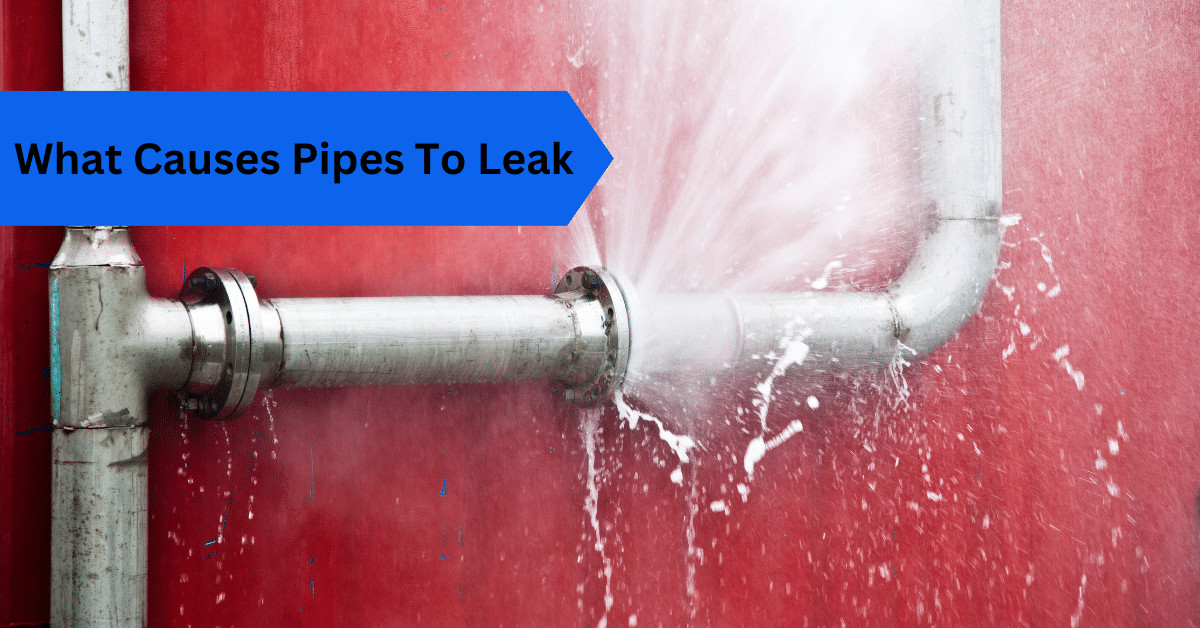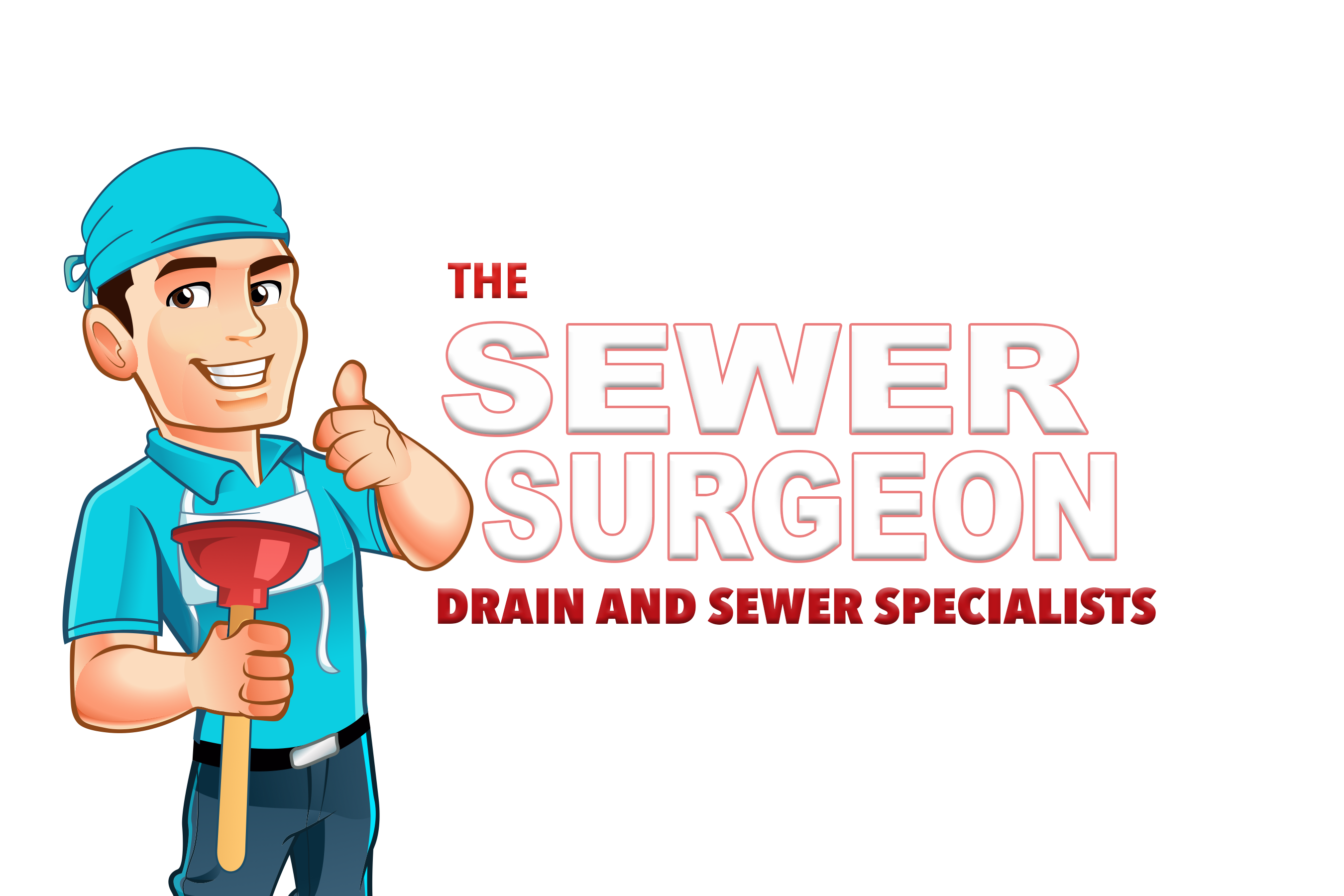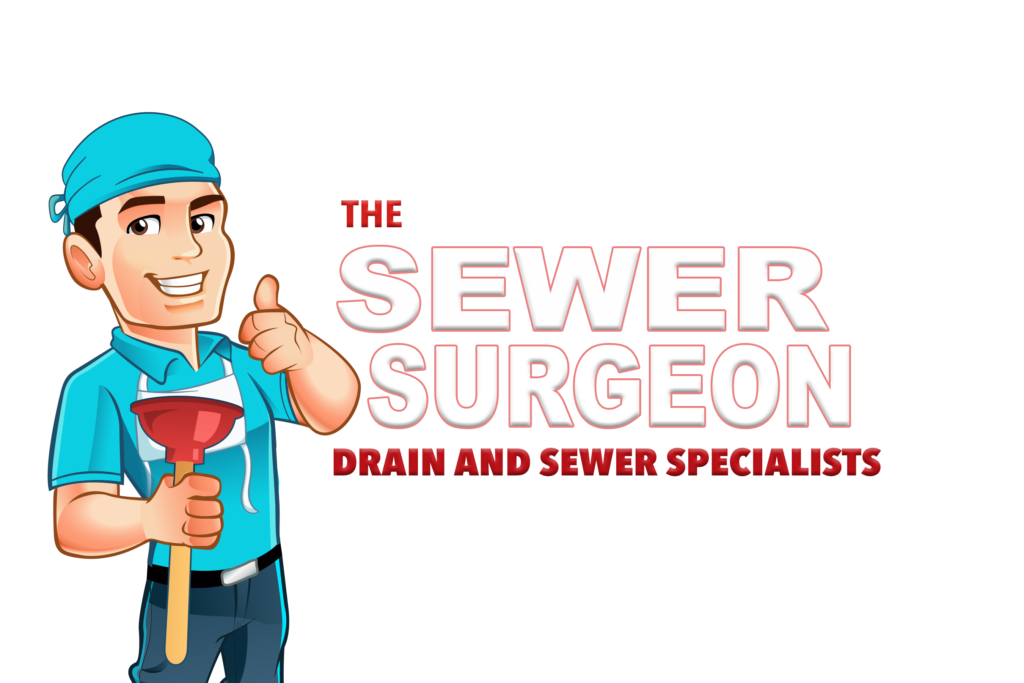
A pipe leak is a tricky situation and a costly problem. If your home, business, or industrial building has corroded pipes from corrosion or lost connections to leaking water, it can result in significant issues with your structure. When it comes to plumbing leaks, improper use of a plunger doesn’t work when you have serious leaks. Leaks are best detected by feeling for them, but if the leak is small enough that it isn’t easy to feel, there are ways to find out what causes pipes to leak.
Factors That Contribute To Leaks in Your Pipes
There are three main types of leaks in plumbing systems. One type is a leak at the end of a pipe where the pipe meets the fixture. Another type of leak is from a water heater or sink faucet, which can occur when there is too much pressure in the piping system or someone turns it on after connecting it to the water system. Another type of leak is from hardware that attaches to pipes, which may be out of alignment, broken, or rusty.
1. Corroded Pipes
When it comes to leaks, they can be very severe and result in serious damage when you have a pipe leak.
The water can corrode the metal if a slow leak occurs over time. In most cases, this problem is noticed by rust stains on the floor or a sagging ceiling in the home or business. In some cases, when a section of pipe has eroded, moving parts of pipelines under pressure may bang against each other, causing more damage and, eventually, more leaks.
Severe leaking pipes can cause major destruction to your home or building if left untreated for too long, allowing excessive water damage.
2. Sweating Pipes
Pipe leaks are often located along the pipe connected to a faucet or fixture, commonly called a “sweating pipe.” Sweating pipes can be easily detected by looking for water stains on the ceiling near the faucet or fixture. In these cases, water leaks from under the fixture and runs down the wall.
3. Loose Plumbing Installations
Sometimes, you may notice that your sink faucet is loose or difficult to turn because of a leak within the plumbing system behind it.
Please turn off all of your faucets, and one at a time, use an adjustable wrench to tighten all of them by hand. If the faucet tightening is effective, the problem could be with a loose connection to your sink, possibly from a loose pop-up faucet.
If there is no change in the water pressure when you turn on your faucet, this may be related to a leak coming from behind the sink.
You can tighten all your pipes by hand and turn them on once to see if this stops the leak. If you can’t find the source of your leak, you will need to replace it.
Check each pipe in an area where there are a lot of connections to see what type or size each pipe is. This information will help you determine which part needs replacing or repairing.
4. Low-Quality Pipes
If you suspect a pipe is leaking, the first step is to identify the type of pipe. Most homes have copper pipes (the familiar green or blue color), and older homes may have galvanized steel pipes, which can develop leaks if they aren’t properly maintained.
Pipes made from copper and galvanized steel are easily detected by their smell when they’re leaking, as opposed to water lines made of plastic which don’t emit any odor when they’re leaking.
5. Torn Pipes
Torn, rotted, or missing insulation or loose wiring can cause a spark that creates an explosion in the gas pipes. Check your faucets and make sure they are not leaking to avoid water damage around the faucet itself. It can go unnoticed for a long time but lead to serious problems such as rotting cheeks of the house structure.
6. Bursted Pipes
When pipes crack, freeze, or burst, they can release pressurized water, damaging your home’s ceilings and walls. If you suspect that one of your pipes is damaged, there could be some ways that you could check for yourself without calling a professional plumber.
Conclusion
A leaky pipe can lead to water damage, so it is in your best interest to have a professional inspect your plumbing system and replace or repair any damaged or faulty pipes immediately.
If you notice leaks in your home, try tightening all your pipes by hand. If that isn’t effective and you still have a leak, then there could be a more severe problem that needs to be corrected by a plumber.
In some cases, when the source of the leak is not apparent, it may be best to hire a professional plumber for pipe repairs, as this could become an expensive problem if not resolved quickly.

